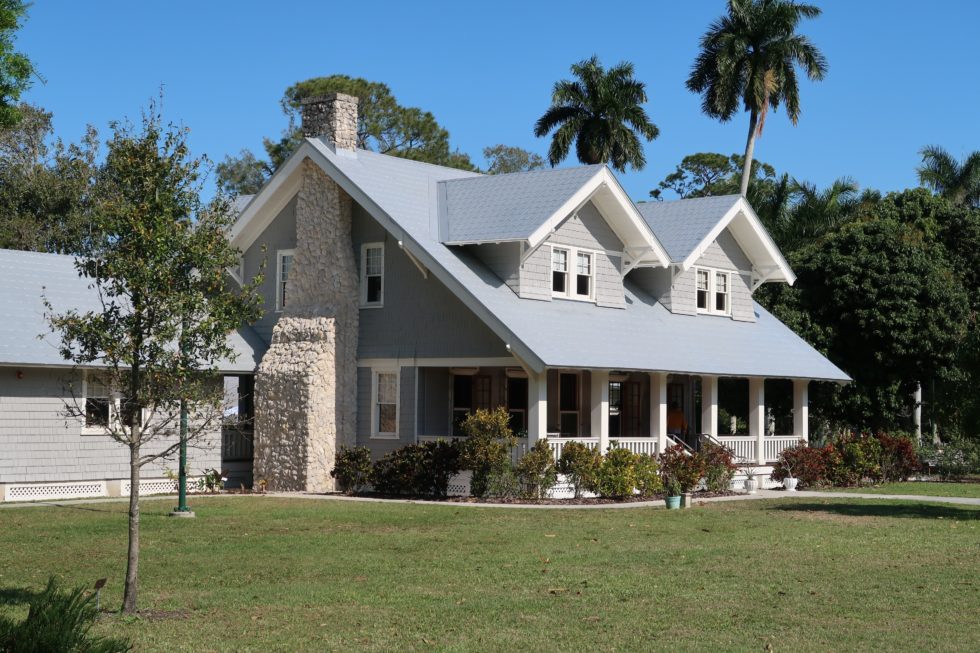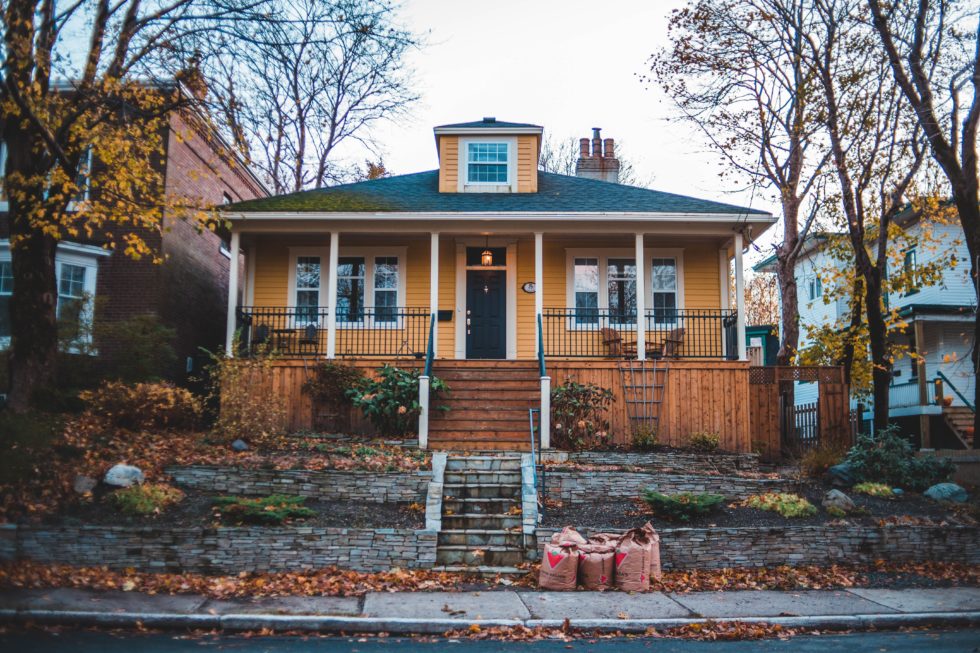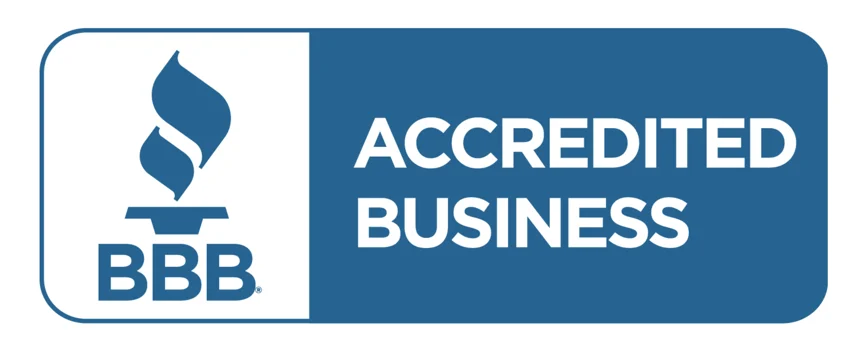Author: Hometown Development
How to Handle Selling A House and Buying In Another State

Nick B
Pete B
Cathy S
5 Ways to Invest in Real Estate without Buying Property

Investing in real estate is a great way to diversify your portfolio and expand your income sources. However, not everyone is interested in buying and flipping houses to rent out, or maintaining property and tenants.
If you’re looking for how to invest in real estate without the commitment or hassle of buying property, here are 5 other ways to invest in real estate that offer just as reliable returns.
#1 Invest in a Development
When you invest in a development, you help to finance a developer’s vision of a community of homes and properties. You can choose a development company that matches your tastes and investment level, but the rest of the process is relatively hands-off.
You don’t have to be involved in the minute decisions of building or maintaining the development but get to enjoy the income from your equity or debt investments. These real estate companies play an important role in local economies by creating jobs, and also provide solutions to the national housing crisis.
Risk Level
Many real estate investments present a moderate level of risk. Investing in a development has great potential for good returns. As long as costs of the development stay on track and the property values and housing market remain stable, your investment will remain low-risk.
You could anticipate great returns if the values of the properties increase once development is complete. To risk losing money, the market would have to decrease significantly. Therefore, the choice to invest in real estate companies that develop property is fairly safe.
#2 Invest in Real Estate Investment Companies
Real estate investment companies do the work of finding properties in need of updates, make the necessary repairs, and flip them for rental or real estate opportunities. They also work with homeowners in need to find creative solutions to missed mortgage payments, foreclosure, and other debt problems, offering them a way out that saves their credit.
The homes are then given the attention they deserve and brought to showcase the best of their character and charm. Real estate investors can improve communities and help struggling homeowners into homes they can comfortably afford.
Risk Level
The risk level of investing in these real estate companies is comparable to other real estate investments in that it is also tied to fluctuating housing markets.
The success of the company depends on the customer’s ability to buy a home or find a mortgage with an affordable interest rate to purchase a home.
However, because the homes these companies purchase are already in established neighborhoods with nearby amenities and are priced lower than new construction homes, they tend to sell readily and provide above average returns, especially when compared to investment in another real estate company.
#3 Invest in REIT Companies
Real estate investment trusts, or REITs, are another great way to invest in real estate without finding, financing, or maintaining property. REITs own or finance income-producing real estate. Their properties can be either residential or commercial, and generate regular profits which are shared with investors through dividends.
When you invest in these real estate companies, you diversify your real estate investment portfolio with passive involvement. You can either invest through stock, mutual funds or exchange-traded funds (ETFs).
Types of REITs
- Equity REIT: publicly traded on national stock exchanges
- mREIT or mortgage REITs: provide initial financing for income-generating real estate
- Public non-listed REITs: registered with the SEC (Securities and Exchange Commission) but don’t trade on national stock exchanges
- Private REITs: not registered with the SEC and do not trade shares
Risk Level
Publicly traded REITs are less risky because investors can easily research the companies to see their financial history and stability. They also have better liquidity, making it easier to sell shares.
#4 Invest in Home Construction Companies
Investing in home construction companies is popular as the housing market climbs, and interest and mortgage rates are low. As the economy tightens and interest rates rise, however, the rate people buy and build homes slows — and so will your investment returns.
This investment type is also dependent on the availability of building supplies, contractors and other resources, which, if scarce, can delay the building process and prevent you from seeing consistent returns.
Investment in home construction companies is a great way to diversify your portfolio without being responsible for a home or property.
You can purchase shares of home building company ETFs or invest in a specific home building company directly. However, you should be aware this type of investment is best for investors with a tolerance for some risk.
Risk Level
Investment in home construction companies presents higher risks for those seeking short term investments and quick returns, but provides more moderate risks and better returns for long-term investment. Ideally, investors should hold onto shares for at least 10 years to allow for recovery from temporary losses that can occur as home values fluctuate. Price volatility due to the constant movement of the real estate market means this type of investment is sensitive to changes in the economic conditions of the country.
#5 Join a Real Estate Crowdfunding Opportunity
Investment platforms are a relatively new way to invest in real estate without buying property directly. On these platforms, you can invest in bigger residential or commercial property deals with others, as a crowdfunding effort.
This is a way to invest in real estate companies that requires some capital, but much less than buying a property yourself. You can invest in singular projects or a portfolio of projects with all types of real estate from income-producing to development properties.
Be aware that, because investment and crowdfunding platforms are new, they have fewer protections than traditional investment methods. And although the online services are easy to use, apps and websites for crowdfunding may have associated fees.
Risk Level
Investing through an online crowdfunding platform means many of the opportunities to invest in real estate companies are relatively new.
Therefore, there’s not a lot of financial history available to review, and investors have to sign on with a higher risk for their investment. Also, since the assets are not liquid, they are more complicated to sell.
If you’re looking for a way to invest in real estate long-term, crowdfunding may work well for you.
It’s best for investors who won’t need to see returns soon, and can hang onto their investments for a greater return down the road. Crowdfunding opportunities used to invest in real estate can be useful to diversify a portfolio, especially if you have many equity investments.
If you’re looking for a real estate investment that can provide passive income at above-average returns, Hometown Development might just be the option for you. Talk to one of our investment experts to see how a partnership with our real estate investment company could benefit you.
Selling the Family Home: How to Let Go of Your Family Home

Nicky W
Arnetirious Wilkins
Can I Sell My House If I Have a Mortgage?







